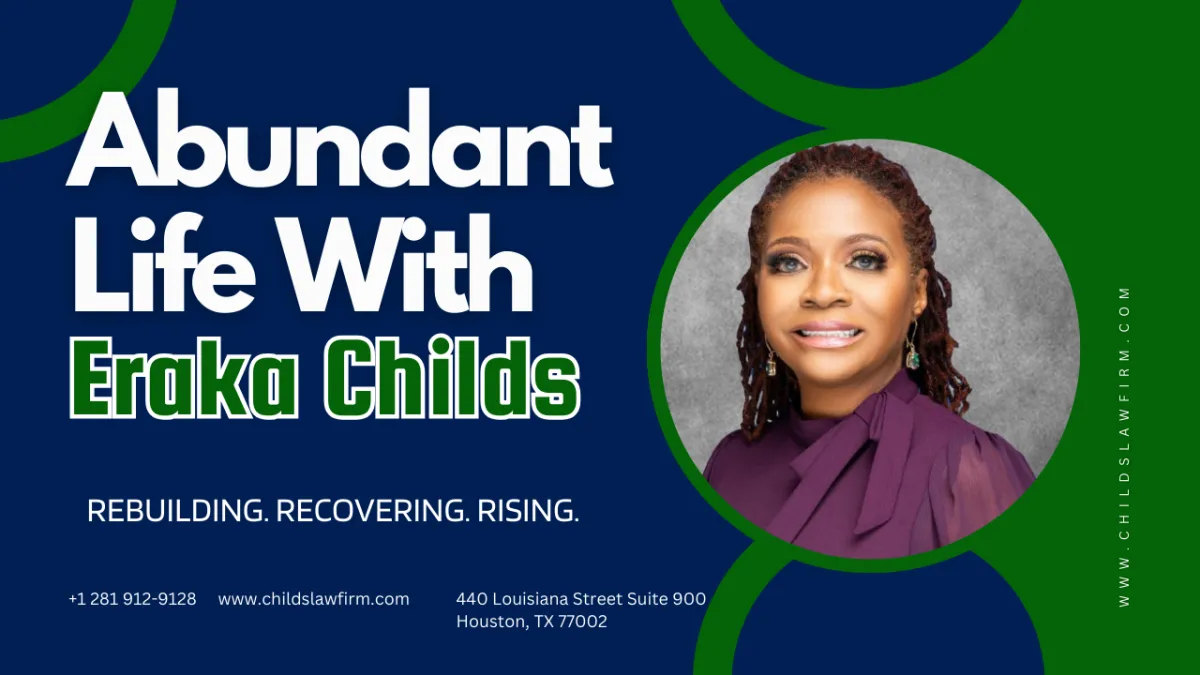Protect Your Future. Secure Peace of Mind Today.
Comprehensive Elder Law & Medicaid Planning to Help You Preserve Assets, Navigate Care Costs & Stay in Control.
About Our Elder Law Services
Trusted Guidance Through Life’s Toughest Legal Decisions
We specialize in Elder Law and Medicaid Planning, helping seniors and their families protect assets, qualify for long-term care, and plan for the unexpected. Whether you're preparing for your future or caring for a loved one, our compassionate legal team will walk you through every step with clarity and care.
Protect your home and savings from nursing home costs
Avoid common Medicaid mistakes
Plan ahead for guardianship or incapacity
Preserve your family's financial legacy

Key Services Section
Our Elder Law & Medicaid Planning Services Include:

Medicaid Asset Protection: Legal strategies to protect your assets while qualifying for Medicaid.

Medicaid Application Assistance: We handle the paperwork, deadlines, and appeals.

Long-Term Care Planning: Customized plans to manage and pay for in-home or nursing care.

Estate & Trust Planning: Create wills, trusts, and powers of attorney with future-focused strategies.

Guardianship & Conservatorship: Legal support to care for vulnerable loved ones.

Crisis Planning: Emergency legal solutions when long-term care is suddenly needed.
Why Choose Us
Why Families Trust Our Firm
20+ years of experience in Elder Law
Local and licensed experts in Medicaid planning
Compassion-first, no-pressure consultations
Proven record of helping families save thousands in care costs
Don't worry, we can help!
Trust Factors (Testimonials)
What Our Clients Say
STILL NOT SURE?
Frequently Asked Questions
What is Elder Law, and how can it help me or my loved one?
Elder Law focuses on legal issues affecting older adults, including estate planning, Medicaid eligibility, long-term care, guardianship, and asset protection. It helps seniors preserve their savings, avoid costly mistakes, and plan for future medical and financial needs.
Can I qualify for Medicaid if I have assets or savings?
Yes, but you may need a Medicaid Asset Protection Plan. Medicaid has strict income and asset limits, but with proper planning, such as creating irrevocable trusts or converting countable assets, you can legally qualify for benefits without spending everything you own.
Is it too late to plan if my loved one is already in a nursing home?
Not at all. This is called Medicaid crisis planning. Even if someone is already in care, we can often protect significant assets and still secure Medicaid eligibility through legal strategies like spousal refusal, spend-downs, and gifting with penalty mitigation.
Will Medicaid take my home after I pass away?
Medicaid’s Estate Recovery Program may try to recover costs from your estate, including your home. However, there are legal ways to protect your primary residence, such as placing it in a properly structured trust or transferring it under certain exemptions.
How far in advance should I start Medicaid planning?
Ideally, at least five years before needing long-term care, due to Medicaid’s 5-year “look-back” period. Early planning gives you more options to protect your assets and avoid penalties, but even last-minute strategies can be effective in many cases.
What documents should I have in place for Elder Law planning?
Essential documents include:
- Durable Power of Attorney
- Health Care Proxy / Medical Power of Attorney
- Living Will
- Last Will and Testament
- Revocable or Irrevocable Trust
These tools ensure your wishes are followed and allow others to legally act on your behalf if needed.
What's the difference between a will and a trust?
A will goes into effect after you pass and must go through probate, which can be public and time-consuming. A trust takes effect immediately and allows assets to pass privately, often avoiding probate. Trusts can also be used to plan for Medicaid eligibility and protect assets.
How can I schedule a consultation with your office?
You can book a free consultation online, call us directly at Phone Number, or visit our contact page. We’ll help you understand your options and create a plan that fits your unique situation.
Stay Informed with Legal Tips & Updates
Join our community to receive weekly insights, legal news, and exclusive offers straight to your inbox.

